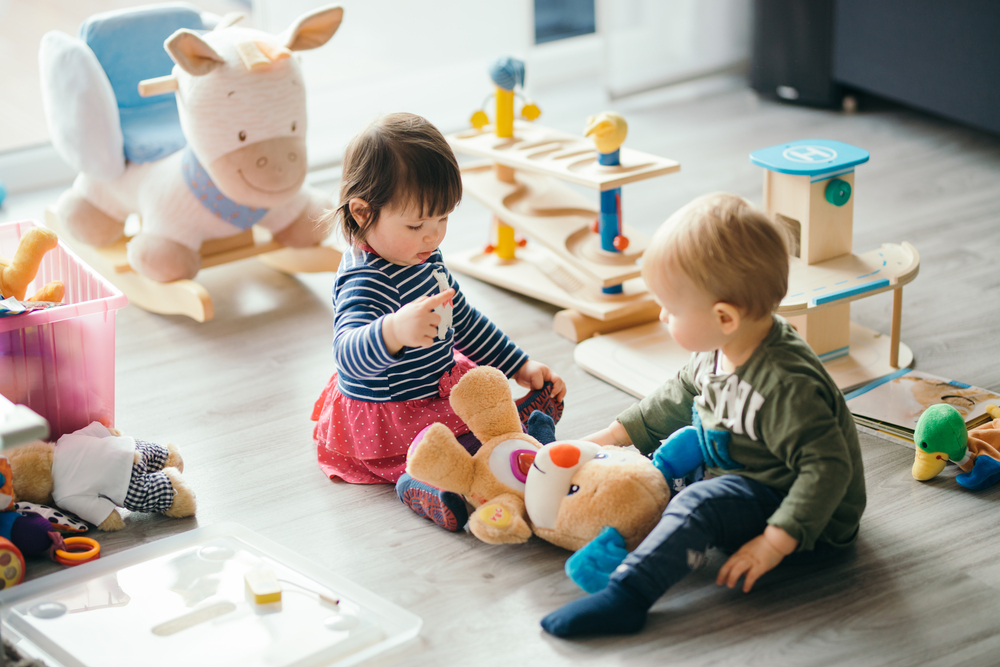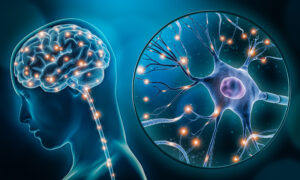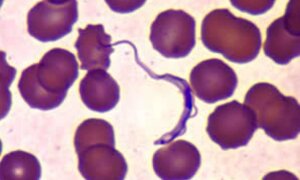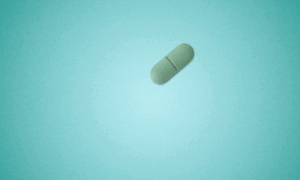Infants born to mothers who experienced severe or critical COVID-19 during pregnancy are 10 times more likely to develop a neurodevelopmental delay in their first three years of life, according to new research.
The study, recently published in Nature, found that infants exposed to SARS-CoV-2 in utero scored lower in communication, gross motor, fine motor, problem-solving, and personal-social domains, with language development being the most affected domain.
During the COVID-19 pandemic, researchers assessed children born to mothers with SARS-CoV-2 infection during pregnancy and compared neurodevelopmental outcomes to unexposed children born before the pandemic in Los Angeles and Rio De Janeiro, Brazil.
Neurodevelopmental testing was performed on 300 children in two groups: 172 children aged 5 to 30 months exposed to COVID-19 between April 2020 and December 2022, and 128 children aged 6 to 38 months in a control group who were not exposed.
Of the 172 children exposed to COVID-19 in utero, 128 completed the Bayley Scales of Infant and Toddler Development (Bayley-III) assessments, 44 completed the “Ages and Stages Questionaires” (ASQ-3), and 36 completed both assessments.
The Bayley-III assessment examines five key developmental domains such as cognition, language, social-emotional, motor, and adaptive behavior. The ASQ is a screening tool used by physicians and educators to help identify a developmental delay (DD) and progress in children between birth and age 6 based on survey information provided by parents. Of the 172 exposed children, 97 were born to mothers in Los Angeles, and 75 were from Brazil.
According to the study, 12 of 128 children (9.4 percent) in the COVID-19-exposed group had a developmental delay compared to only 2 of 128 children (1.6 percent) in the pre-pandemic control group from the same environment—a “statistically significant” finding. Among 44 children exposed to COVID-19 who completed both assessments, eight had a developmental delay.
Furthermore, Brazilian children were more likely to have a developmental delay than children born to U.S. mothers. According to the study, 12 percent of children between 6 and 8 months of age had a developmental delay compared to 2.6 percent of those in the control group. In the U.S. group, 5.7 percent of exposed children had a developmental delay compared to no children in the control group.
“Taking into account both assessment tools (Bayley-III and ASQ-3), 12% of 172 exposed children in both cohorts (LA and Rio) had DD,” the paper’s authors wrote. In healthy control populations, this degree of developmental delay is “fairly uncommon,” they added.
Contributing Factors
According to the study, there were significant differences between U.S. and Brazilian participants. U.S. mothers were more likely to be older and have diverse racial/ethnic backgrounds. They also had a higher frequency of comorbidities.
Brazilian mothers were mostly black or from mixed racial/ethnic backgrounds, and all participants had government-sponsored health care.
Notably, 30.4 percent of U.S. mothers had received a COVID-19 vaccine before infection, whereas Brazilian mothers were not vaccinated prior to infection. Moreover, 8.8 percent of U.S. mothers had severe COVID-19 versus 34.6 percent of mothers in Brazil.
In addition to differences in demographics, the authors noted that premature birth is a risk factor for developmental delay on its own accord. However, preterm birth and low birth weight are more prevalent in infants born to mothers with symptomatic COVID-19.
Finally, results showed that language development was the most affected domain among exposed infants, but there has been substantial debate over whether this is due to COVID-19 exposure in utero or pandemic measures like lockdowns, lack of interaction between parents, parental depression, and masks.
The authors said pandemic circumstances could likely explain below-average performance on the assessments, but some scores correlate with severe developmental delays requiring further investigation.
Studies Suggest Other Factors May Play a Role
The long-term neurodevelopmental effects on children born to women who had SARS-CoV-2 infection during pregnancy are not yet well understood, but data suggests the severity of maternal infection and whether it occurs in the first, second, or third trimesters may determine whether infants are more prone to developmental delays.
For example, an April 2023 study in JAMA Network Open of 407 children found no association between prenatal exposure to maternal SARS-CoV-2 infection and infant neurodevelopment at ages 5 to 11 months. The authors concluded that mild or asymptomatic SARS-CoV-2 infection during pregnancy did not affect infant cognition, language, or motor development.
In a May 2022 prospective cohort study published in BMC Pediatrics, researchers examined the neurodevelopmental status of 298 infants born to women with SARS-CoV-2 infections during pregnancy at 10 to 12 months using the ASQ-3.
They found that neurodevelopmental outcomes of infants born to mothers with SARS-CoV-2 infections were favorable overall but were more common in infants born to mothers with infections during their first and second trimesters. Moreover, infants who did exhibit developmental delays were more affected by the trimester their mother had SARS-CoV-2 infection and were not affected by maternal age, parental education level, or severity of COVID-19.
A January 2022 study published in JAMA Pediatrics found no significant difference in neurodevelopmental outcomes at 6 months of age between infants exposed to SARS-CoV-2 in utero and those who were not, regardless of the timing or severity of the infection.
Instead, the researchers found that all infants born between March and December 2020 had “significantly lower” gross motor, fine motor, and personal and social scores than infants born before the onset of the COVID-19 pandemic.
“These findings suggest that birth during the COVID-19 pandemic, but not maternal SARS-CoV-2 infection, is associated with differences in neurodevelopment at age 6 months,” the paper’s authors concluded.














